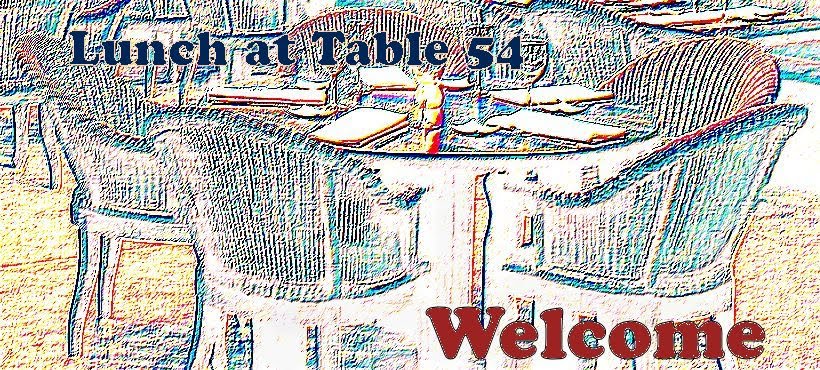Simply put, we have no written proof as to the authorship of the gospel of Mark. The author is not identified in the work, nor is the author identified in any early history outside that of the early Christian church. And Church history ascribes Mark's authorship as "traditionally believed to be a man named John Mark." Mr. Mark is said to have written the work in Rome sometime between 65CE to 80CE depending on the source of your information.
This is not to say that we have an original manuscript of the Gospel of Mark. We don't. Fact is, we don't even have a copy of a copy of a copy of that original manuscript. Only fragments of copies of the Gospel of Mark have been found before 300CE. The oldest of these fragments is known as Papyrus 45 and was dated sometime between 200CE and 250CE. Another fragment has been discovered that dates between 100CE and 150CE, but that dating is still under scrutiny. Are we to believe that in 300 years there were no additions or corrections to Mark's story?
As far as complete manuscripts of Mark's Gospel are concerned, you have to move up to the Vaticanus manuscript (325-350CE), the Sinaiticus manuscript (340-350CE), and the Alexandrinus manuscript (450CE) If you're keeping score, the earliest is dated around 300 years AFTER the death of Jesus.
However, none of these manuscripts or fragments help us to identify the actual author of Mark's Gospel. In fact, if you believe that the traditional author was John Mark, guess again. Many Bible reference books (Eerdman's Handbook to the Bible, p499) claim Mark wrote the Gospel "setting down Jesus' story as he heard it direct from the Apostle Peter." Of course there is no evidence of this what-so-ever.
Was the Gospel of Mark without corruption? Well, consider this: The Gospel of Mark contains one of the greatest discrepancies of all the Gospels - its ending. Most of the oldest complete copies of Mark stop at verse 16:8. Later manuscripts contain three new and different endings to it. These new endings were added to Mark at a later Time. Scholars feel the original ending was accidentally lost or was intentionally removed by cutting the manuscript or the original author was interrupted or died before he could finish the Gospel. Outside of that, perhaps the original author simply intended to end the story at verse 16:8. There is no evidence, of course, to support any of these possible theories.
The ending chosen for most modern Bibles is known as the "Longer Ending" or "Apocrypha Addition." Twelve verses that won't be found in older manuscripts and are written in a different style have been added. Most Christians don't care about this and believe them to be as reliable as the rest of Mark's Gospel.
Oddly enough, one of these additional verses has Jesus saying that his believers, "will pick up snakes with their hands; and when they drink deadly poison, it will not hurt them at all." Most reliable students of the bible believe Jesus never said this. But that hasn't stopped a few congregations from handling poisonous snakes in their church services. One church in particular had its minister and later his son die from the bites of poisonous snakes.
In conclusion, there is no evidence that would induce us to believe that Mark's Gospel is the inerrant Word of God. You may, of course, come to your own conclusion.
-Y







No comments:
Post a Comment